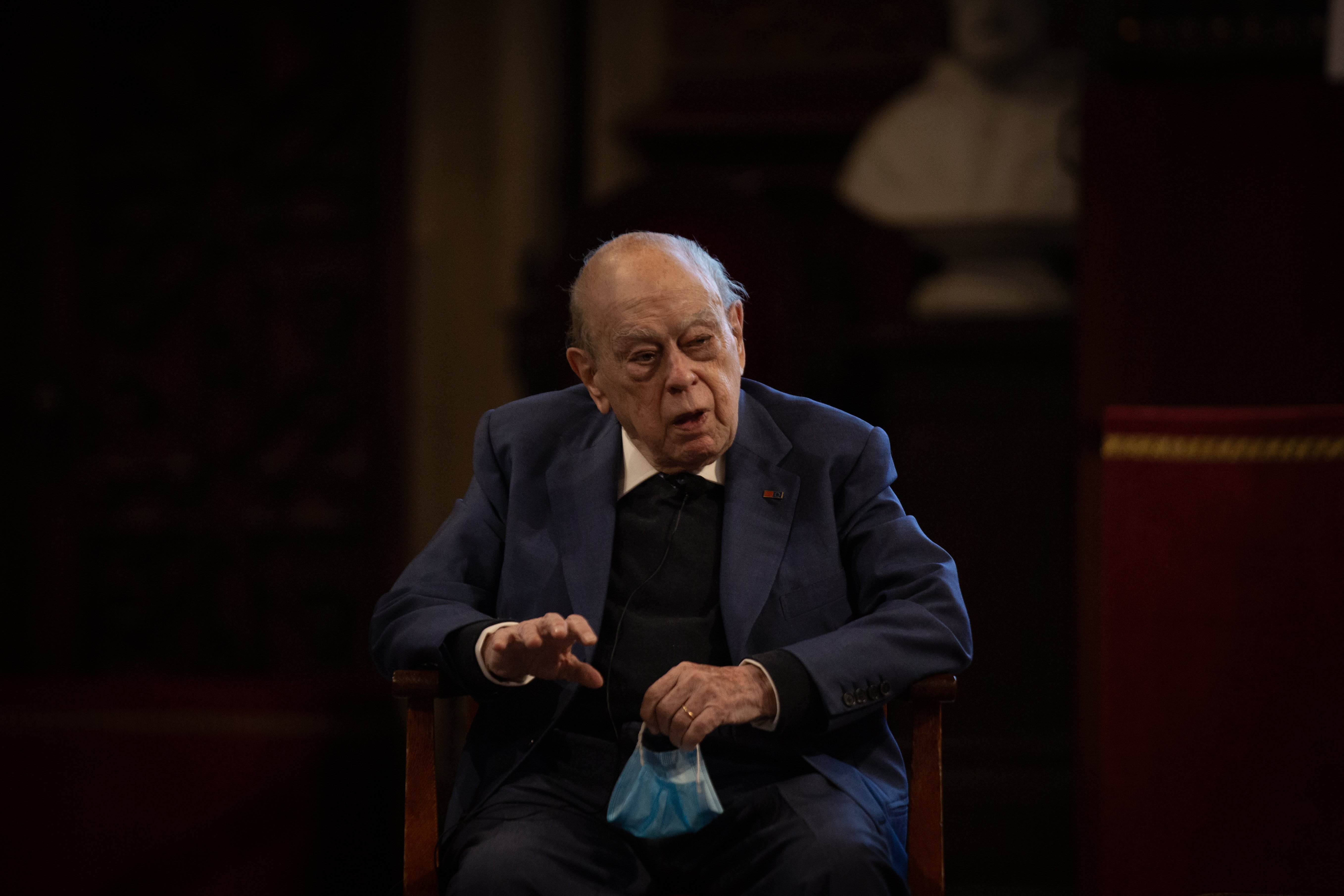The life of Jordi Pujol life is not in danger, barring complications and with the proviso that it will be 24-48 hours until possible neurological consequences can be tested after his ischemic stroke on Monday. This is what the medical team treating the former Catalan president confirmed at Barcelona's Hospital de Sant Pau, in a press appearance. Pujol noticed he had difficulties in speaking on Monday morning and in the afternoon was admitted to Sant Pau, coming from the Hospital de Barcelona. After doctors checked the obstruction, he underwent endovascular treatment with a femoral catheterization. The thrombus, or blood clot, was removed by aspiration and a good blood flow in the obstructed artery was confirmed. Hours after this intervention, the 92-year-old former president remains under observation, conscious but sedated, and has been able to speak. According to the doctors, he could be hospitalized for another 3 to 7 days and will have to wait at least 24 hours to assess possible effects of the stroke.
Health consequences, for the moment unknown
The director of the Hospital de Sant Pau's neurology service, Dr Alberto Lleó, explained at midday today that so far he has not yet been able to carry out an "adequate assessment of language" on president Pujol, although it is expected to be carried out in the next few hours "when his level of consciousness is more stable". However, he reiterated that right now there is no "vital risk", in the absence of any complications, adding that the main unknown is whether or not he will suffer neurological sequelae. Dr Joan Martí-Fàbregas, clinical head of the Sant Pau neurology service, added that Pujol is accompanied by his family and children, who were able to be with him and whom he "recognizes" despite the drugs.
The doctor explained that strokes are a treatable emergency and that, in the case at hand, "it was possible to diagnose it soon enough to administer some of the treatments". Regarding the length of time that the former president will remain admitted, Martí-Fàbregas admitted that it will depend on his evolution and whether more tests need to be done. If he responds adequately to the treatment, "indicatively, it could be between three and seven days", he explained.

